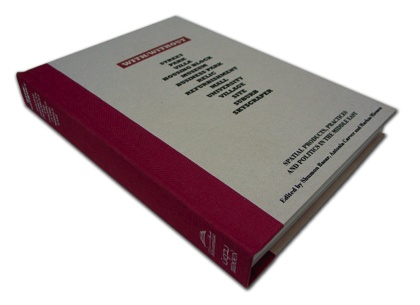As Egypt has brought to perfection the art of donor-shopping probably more then any other nation, I guess in the end they’ll find someone stupid enough to pay the bills submitted by the Egyptian army.
In contrast to what appears to be common in other countries, the Egyptian army maintains its monopoly over mine-clearing. Which is why not much has happened until today and which is why most donors rightfully so are reluctant to contribute.
Excerpt from the English translation:
It was not until 1982 that the Egyptian government acknowledged the problem. “It was a question of costs and priorities,” Fathy El Shazly, director of the national northwest coast development program, frankly admits.
He refers to the history of his country, which after the Second World War was first busy gaining independence and then tied up in four wars against Israel. A bit more haste would have been advisable, though.
According to the NGO “Landmine Monitor,” there have been 8,313 mine-related casualties in this region since 1982, including 619 deaths. As can be observed again and again whenever natural disasters or accidents occur, however, the Egyptian government evidently does not place much importance on its own citizens. It has done little to help the victims to date.
The Egyptian army did clear some 3.5 million pieces of ammunition out of the desert between 1982 and 1999, but since then a lack of funds has slowed down their efforts – at least that’s the official line.
Since things are moving much too slowly for the private sector, which has great plans for the region, some hotels and oil companies have begun to remove buried ammunition at their own expense in order to build access roads to their projects.
